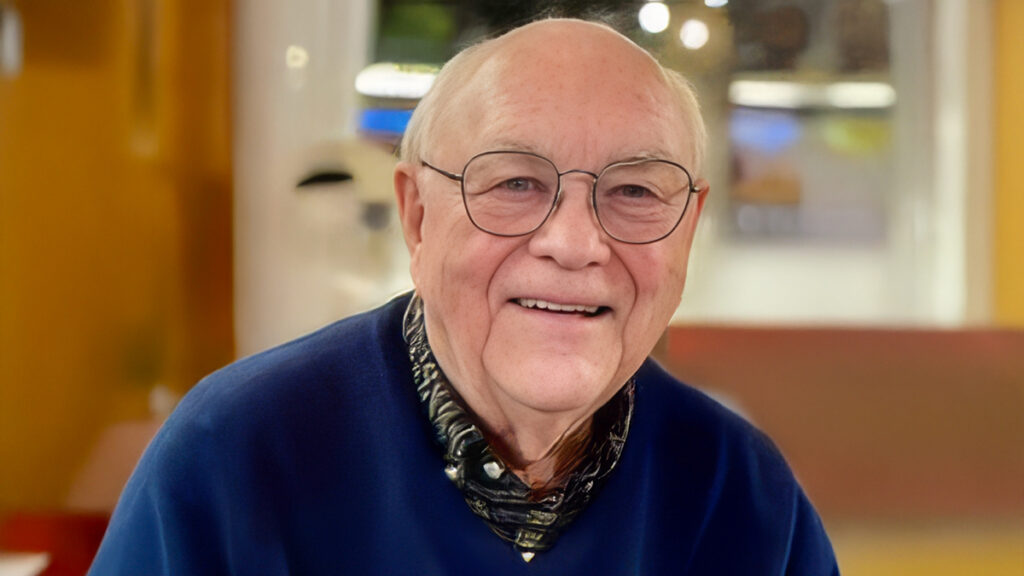We all have heard stories of a priest coming into a parish and changing everything—firing long-serving and beloved lay ministers, for example, or changing liturgical practices.
There are also stories of lay people who basically run the parish and will not allow the ordained pastor to make any real decisions by himself.
Some pastors fear sharing their power with competent laity.
Some laity fear that pastors will not recognise the power of their baptismal anointing as priests, prophets, and servant leaders.
The myth of limited power
Both practices, of course, are wrong and are rooted in a mistaken understanding of power itself.
Both imagine power as a “zero-sum” reality: there is only so much power to go around. If one shares power with others, she or he loses power.
Power is imagined as a kind of pizza—if you give a piece away you have less for yourself.
A new conception of power
In a famous article written years ago, Bernard Loomer argued for a different understanding of power.
Rather than coercive, linear “power over,” he proposed a more relational notion of “power with.”
When one shares power, he argued, power is not diminished. It grows.
The more power is shared, the more powerful it becomes.
Moving beyond “clergy” and “laity”
I believe that continuing to use the terms “clergy” and “laity” locks us into “power over.”
Using these terms makes it very difficult to escape from the “clergy-laity divide” and prevents us from discovering the riches of working with an imagination of “power with.”
Perhaps if we imagine another way of conceiving structure in our Church, we can have a better chance of overcoming that dangerous, dead-end divide.
The words we use matter!
A new identity: missionary disciples
In my book Community of Missionary Disciples (Orbis, 2024), I suggest a phrase that appears first at the Latin American bishops’ conference at Aparecida, Brazil, in 2007, and was often repeated by the late Pope Francis: “missionary discipleship.”
We are all “missionary disciples” (Evangelii Gaudium 119–21).
Because we are baptised, we are all missionaries—called to witness to the gospel by our lives.
Because we are baptised, we are all disciples.
The fundamental equality of baptism
We never lose or get more of our discipleship—not when we profess vows, are ordained, marry, or graduate from university.
The basic structure of the Church is a structure of a fundamental equality.
All Christians are endowed with different gifts, but while some entail more responsibility, no gifts are really greater than any other.
Our greatest dignity is our missionary discipleship.
Baptismal, ministerial, and ordained
In my book I speak of “baptismal missionary disciples”—what all Christians share.
Some baptised disciples are endowed with particular leadership gifts, and so there emerges “ministerial missionary discipleship.”
Still others are endowed with gifts of wider leadership. These are “ordained missionary disciples.”
With you, I am a disciple
Pope Leo is fond of quoting a line of St. Augustine: “For you I am a bishop, with you I am a Christian.”
Augustine could also have said, “…with you I am a disciple.”
Using “discipleship” might be a way to eliminate the “clergy/lay” divide.

- Stephen B. Bevans, SVD, is a priest in the Roman Catholic missionary congregation of the Society of the Divine Word (SVD). He is the Louis J. Luzbetak, SVD Professor of Mission and Culture, Emeritus, at Catholic Theological Union, Chicago. He has edited or published twenty-one books, the latest of which is Community of Missonary Disciples: The Continuing Creation of the Church (Orbis, 2024)
- Flashes of Insight is an international publication. The editorial policy is that spelling reflects the country of origin.

